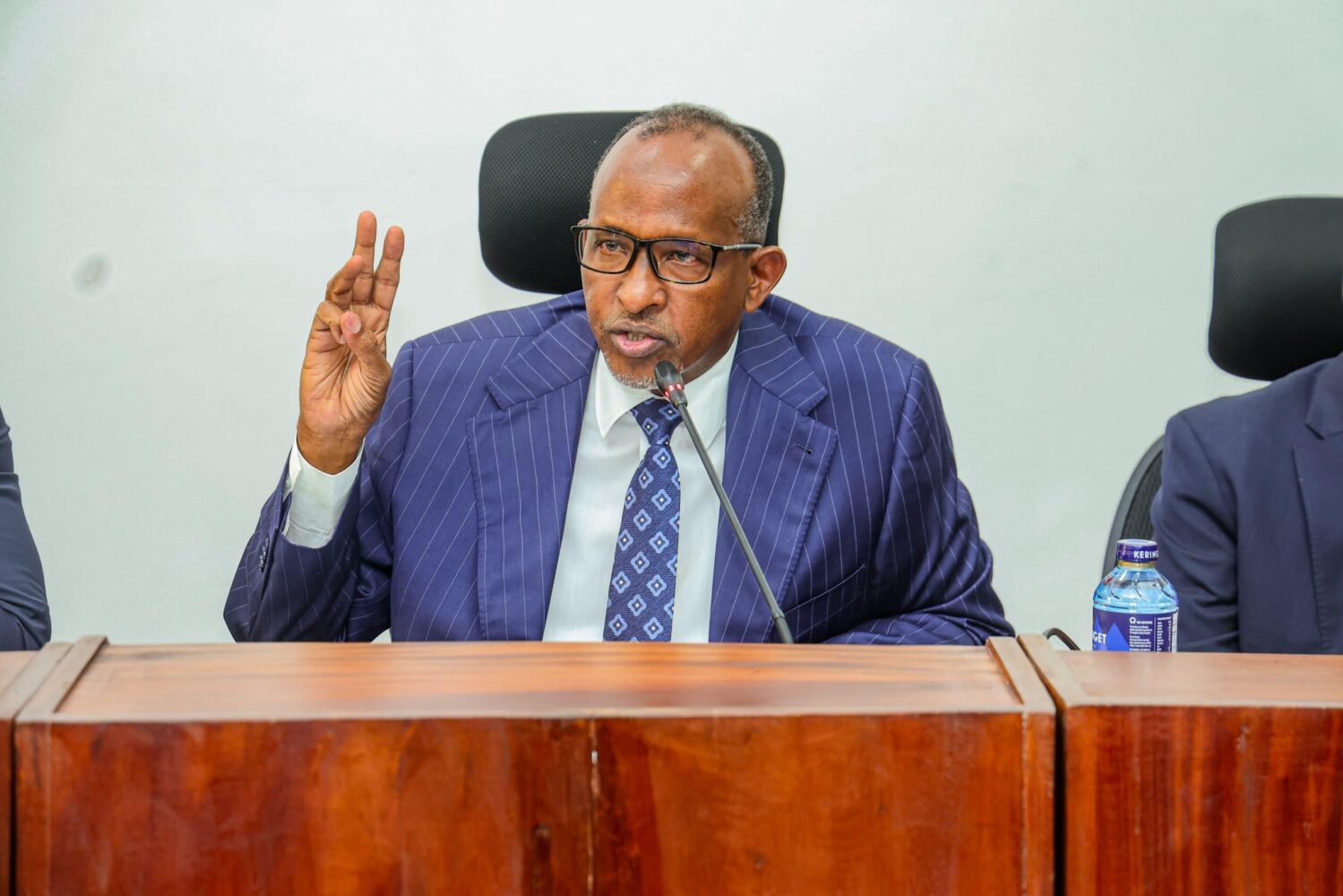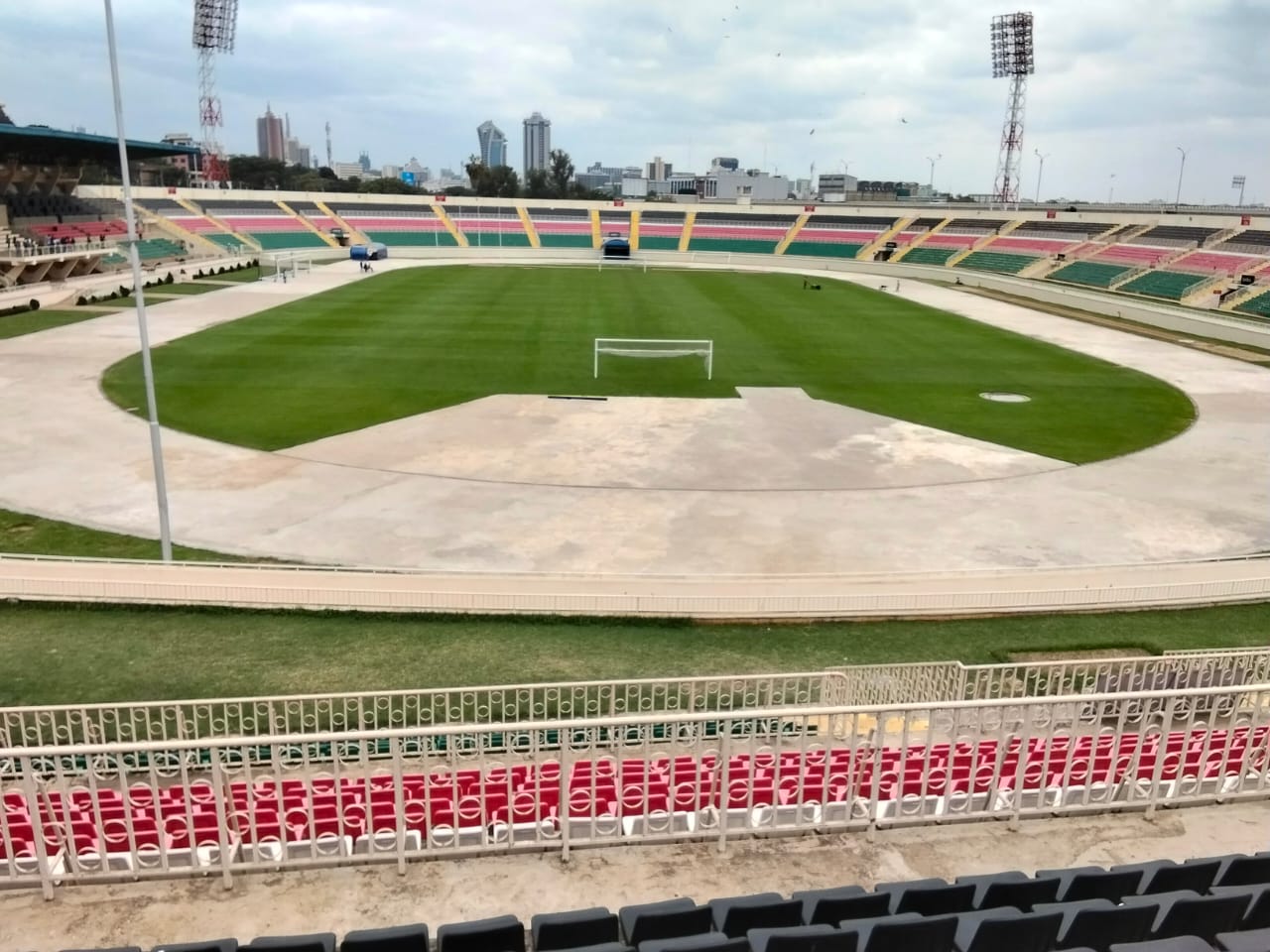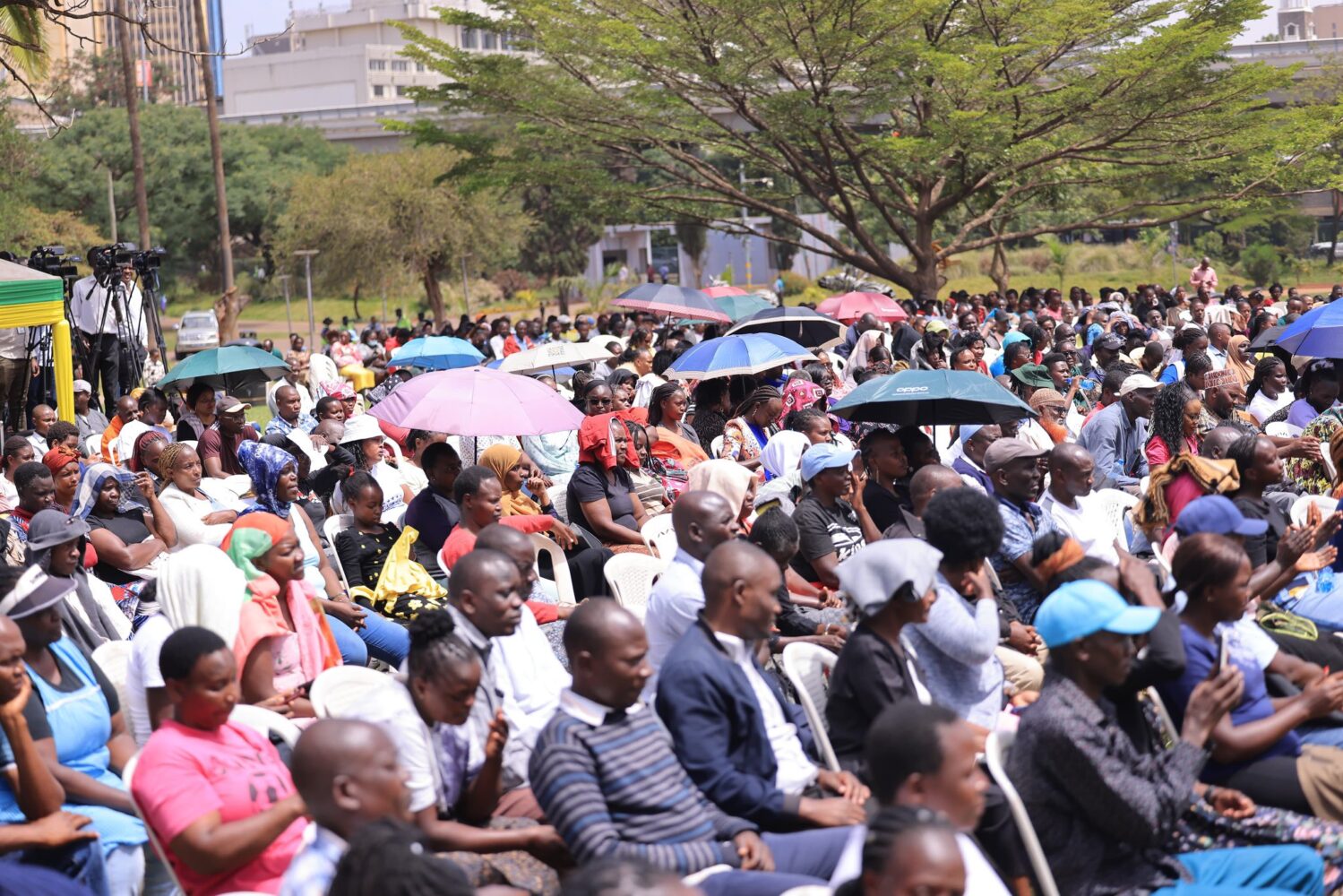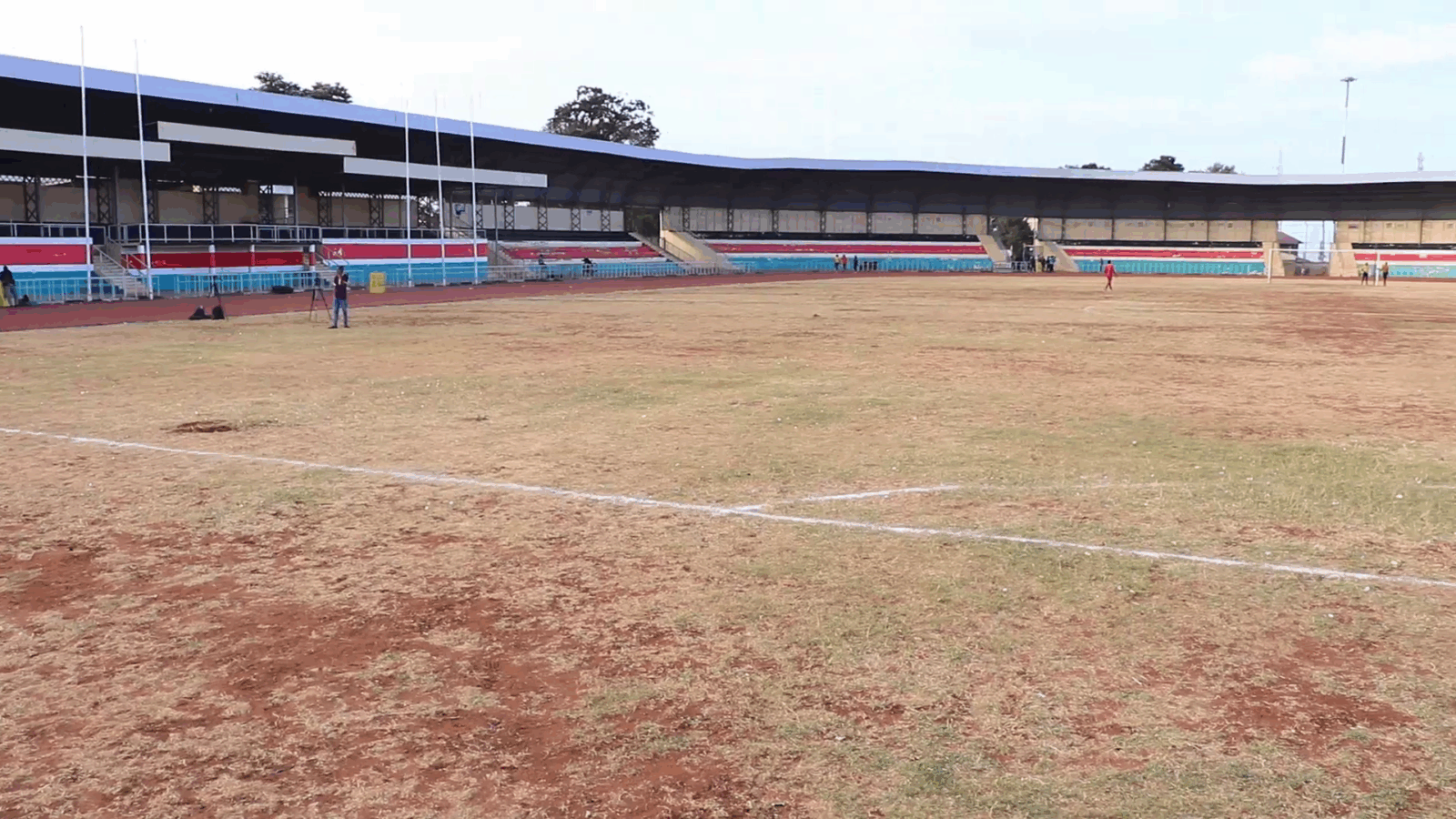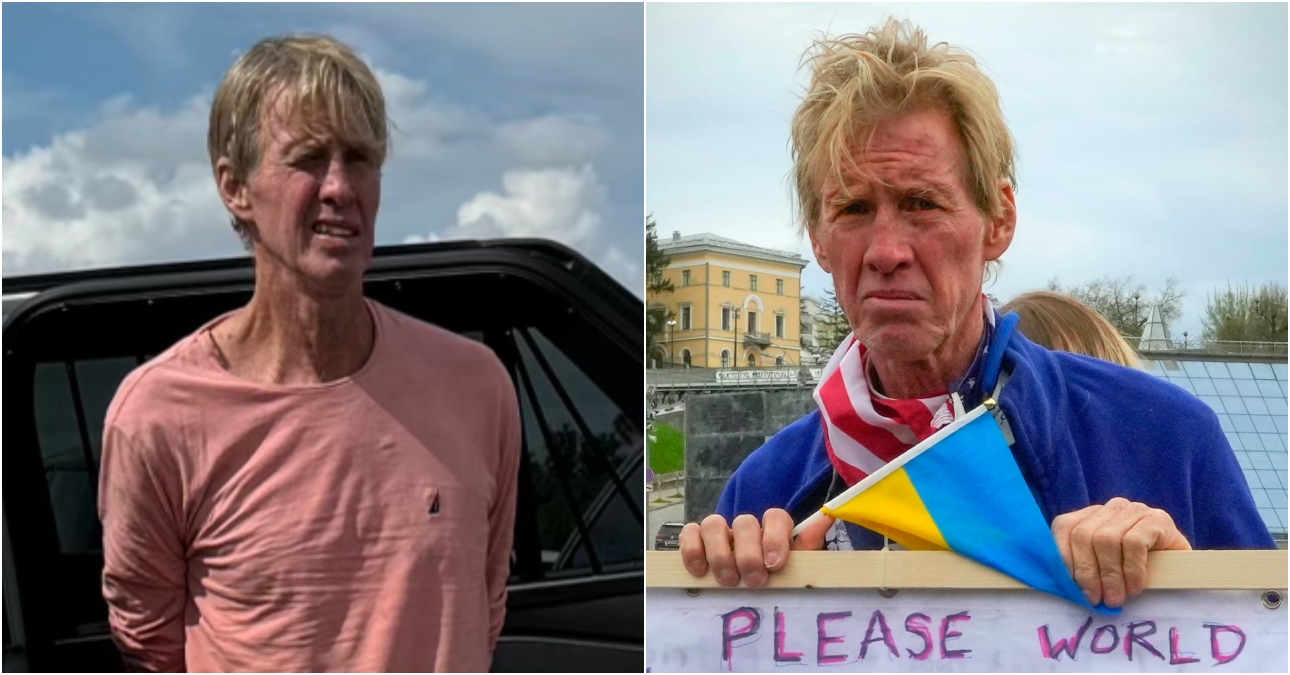The High Court has issued conservatory orders suspending the operations of a special task force formed by Health Cabinet Secretary Aden Duale to audit over Ksh33 billion in pending medical claims at the National Health Insurance Fund (NHIF).
In a ruling delivered by Justice Reuben Nyakundi, the court ordered a halt to the activities of the NHIF Pending Medical Claims Verification Committee, pending the determination of a petition challenging its legality.
“Pending the hearing and determination of this Petition, a conservatory order is hereby issued suspending the operation of the National Health Insurance Fund (NHIF) Pending Medical Claims Verification Committee… and restraining the committee from compiling any report, recommendations, or undertaking any actions pursuant to the said Gazette Notice,” ruled Justice Nyakundi.
The order also bars CS Duale, the Ministry of Health, and any persons acting on their behalf from taking any action under or in reliance on Gazette Notice No. 4069 of March 28, 2025, which established the task force.
The court directed that all named respondents, including members of the task force led by James Masiro Ojee, Dr Anne Wamae, Catherine Mungania, and 16 others, file their responses within seven days.
The petition was filed by Nakuru-based doctor Magare Gikenyi alongside activists Eliud Matindi, Dishon Keroti Mogire, and Philomena Nyakundi.
They argue that CS Duale acted beyond his legal authority in constituting the committee, asserting that the move effectively usurped the constitutional mandate of the Auditor-General.
According to the petition, the formation of the committee lacked any “legal or constitutional foundation” and amounted to a “roadside declaration” without statutory backing.
Central to the petitioners’ argument is that the committee’s terms of reference, particularly the mandate to audit NHIF claims from July 2022 to September 2024, intrude upon functions reserved for the Auditor-General under Article 229(4)(g) of the Constitution.
“Only the Auditor-General has constitutional authority to audit and verify public funds. The Cabinet Secretary cannot appoint a parallel body to perform this function,” the petitioners contend, adding that if a forensic audit were necessary, the proper route would have been a formal request to the Auditor-General under Article 254(2) of the Constitution and Section 37 of the Public Audit Act.
They further criticize the selection of the committee’s 19 members, claiming it lacked transparency, merit, or compliance with Article 232(1)(g), which governs public appointments.
The petition also alleges that the appointees do not meet the standards of professional qualification required for such oversight work.
In addition to legal and procedural concerns, the petition raises serious issues about privacy.
The petitioners argue that allowing committee members, who are not NHIF employees or public servants, to access patients’ medical records without consent violates Article 31 of the Constitution and the Data Protection Act.
They also question the lack of public accountability, noting that unlike Auditor-General reports, which must be published under Articles 254(2) and (3), the committee’s findings are to be submitted only to the Cabinet Secretary, with no obligation for public disclosure.
In response, the Ministry of Health, through the Attorney General, defended the task force’s legality, urging the court to strike out the petition.
The AG argued that the committee “has no coercive or decision-making authority” and is merely an “internal advisory body” intended to address “performance, compliance, and operational challenges” in the health sector.
“There is no constitutional bar against a Cabinet Secretary initiating internal reviews, audits, or administrative actions. This committee does not infringe upon the Auditor-General’s constitutional role,” the AG argued.
They further maintained that no principles of procedural fairness, transparency, or accountability had been violated, and that the petition lacked specific legal provisions allegedly breached by the CS.
The government warned that suspending the task force at this stage could jeopardize critical reforms and undermine public service delivery in the health sector.
“The committee was established as a matter of urgency to address governance and performance challenges. Halting its work midstream risks delaying reforms, financial accountability, and efficient service delivery,” the AG stated.
Calling the petition speculative and lacking concrete evidence, the government urged the court to allow executive processes to proceed, warning that interim court orders would preempt legitimate decision-making and reform initiatives.
“Granting the orders would halt or delay legitimate reform processes affecting stakeholders and institutions beyond the Petitioners, undermining efficiency and good governance in the health sector,” argued CS Duale through the AG’s office.


